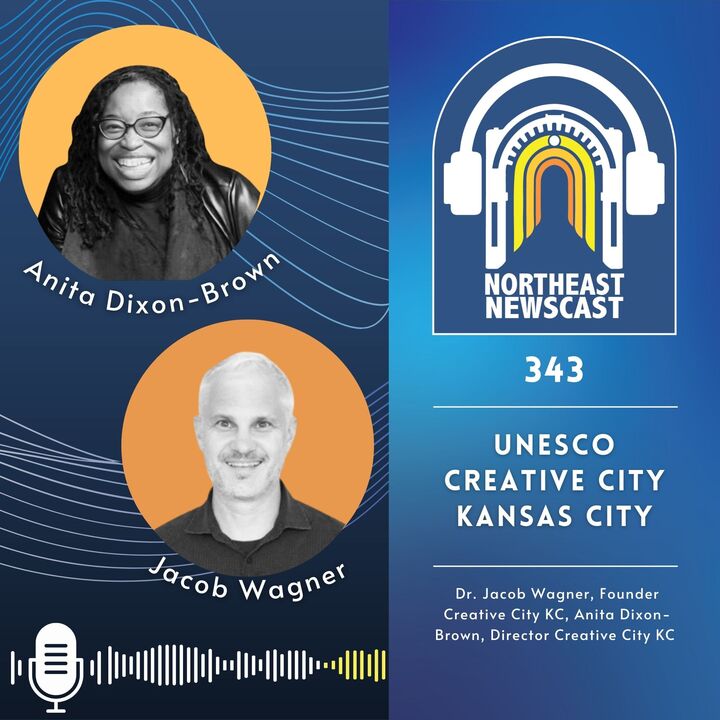By Michael Bushnell
Northeast News
February 1, 2012
In a crowded room at the Mattie Rhodes Center on Kansas City’s Northeast side, Kansas City, Missouri Police Chief Darryl Forté hammered home again and again the key to making the community a better place to live.
“Relationships,” said Forté, scanning the crowd. “It’s all about relationships. We can’t do this alone; we need the community’s involvement and support in making the Northeast community a better place to live and do business.”
During the community forum hosted by the Latino Advocacy Task Force and the Mattie Rhodes Center, Chief Forté fielded a variety of written questions from attendees ranging from removing gang graffiti from area buildings to the possible re-assignment of officers to traditionally underserved areas of Kansas City.
“I’d like to see the assignment of two officers to the Northeast area – possibly foot beat officers that would specifically work this community,” Forté said. “The Northeast area has been an underserved area of the city for years and it’s time for that to change.”
Chief Forté also endorsed the formation of crime task forces, much like the long-dead Northeast Mobile Crime Watch.
When asked about diversity on the police force, Chief Forté noted the stark absence of Latino commanders on the force.
“Right now we have zero Latino commanders, and that’s sad,” he said. “I’d like to roll out a diversity round table to address that. Our force needs to mirror the community it works in.”
Rather than sending officers to Mexico for Spanish immersion, officers could be immersed in Kansas City’s Latino community, learning Spanish in the community where they work, he said. To further mirror the community, Forté said he’s working with department staff to place Spanish language signs in department facilities.
Forté also expressed a desire to expand the role of officers in the community, including offering officers as possible substitute teachers in area schools, which would be an “offshoot” of the Officer Friendly program.
“It would be a good way for area youth to interact with police officers in a positive way,” he explained.
Forté noted that some of the things he spoke of were still in their infancy stage but were part of his overall strategic plan for making the department more accessible to the citizens it serves.
Forté was followed by Doug Weishar, a former KCPD Major who now heads up the department’s Community Support Division. Weishar gave a brief presentation on the establishment of a Victims Service Unit that keeps lines of communications open between detectives working a case and the victim of a crime.
“We don’t have a timeline right now; we’re still mapping out how the program will look,” Weishar said. “Ultimately, it will be a crime prevention and intervention operation that brings both the community and law enforcement to the table.”
Jackson County Prosecutor Jean Peters-Baker also spoke and immediately asked those in attendance for a favor.
“I need a gimme,” said Peters-Baker, asking for mentors to assist in a pilot intervention program.
Paired with a stringent education component, the program is designed to deter first-time criminals from continuing in a life of crime.
“We can’t continue to act in a traditional prosecutorial mode and expect the results to change,” Peters-Baker said. “We’re going to continue to try new programs to stem the tide of violent crime in the community. Some will work, some won’t. We don’t want to be on the top 10 list of minority homicides any more.”
Approximately 60 people attended the forum and seemed generally pleased with the presence of Kansas City top-cop and the county’s chief prosecutor.
Both the prosecutor’s office and Chief Forté indicated a strong desire to continue the dialogue with the community.
“It all boils down to our relationship with the community,” Forté said. “We’ve got to keep those lines of communication open with the community.”

















